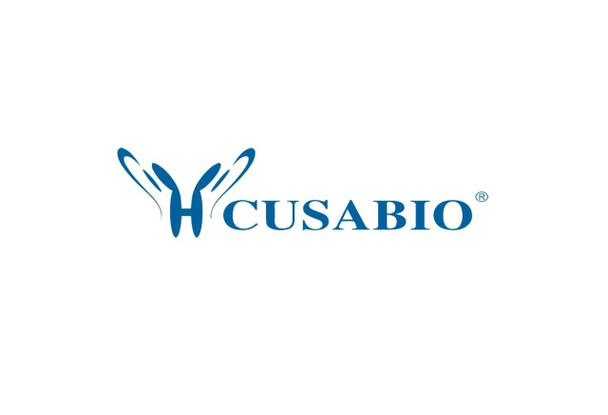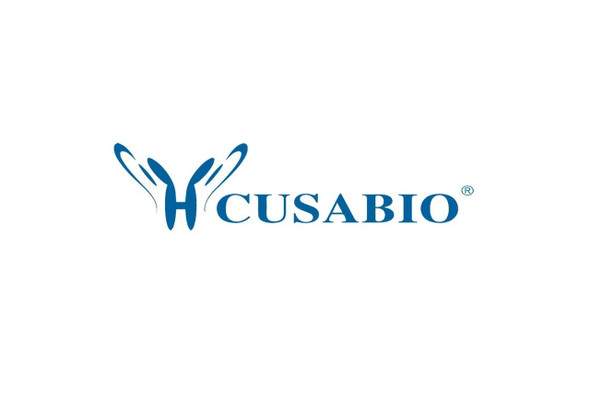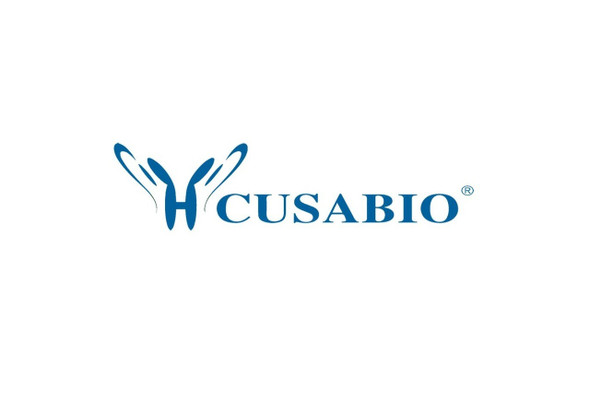Cusabio Polyclonal Antibodies
THAP4 Antibody | CSB-PA223153
- SKU:
- CSB-PA223153
- Availability:
- 3 to 7 Working Days
Description
THAP4 Antibody | CSB-PA223153 | Cusabio
THAP4 Antibody is Available at Gentaur Genprice with the fastest delivery.
Online Order Payment is possible or send quotation to info@gentaur.com.
Product Type: Polyclonal Antibody
Target Names: THAP4
Aliases: THAP domain containing 4
Background: Human THAP4 is a 577 residue protein of unknown function that is proposed to bind DNA in a sequence specific manner similar to THAP1 and has been found to be upregulated in response to heat shock.THAP4 is expressed in a relatively uniform manner in a broad range of tissues and appears to be upregulated in lymphoma cells and highly expressed in heart cells13. The C-terminal domain of THAP4 (residues 415-577), designated here as cTHAP4, is evolutionarily conserved and is observed in all know THAP4 orthologues. Several single domain proteins lacking a THAP domain are found in plants and bacteria, and show significant levels of homology to cTHAP4. It appears that cTHAP4 belongs to a large class of proteins that have yet to be fully functionally characterized.
Isotype: IgG
Conjugate: Non-conjugated
Clonality: Polyclonal
Uniport ID: Q8WY91
Host Species: Rabbit
Species Reactivity: Human, Mouse, Rat
Immunogen: Fusion protein of human THAP4
Immunogen Species: Human
Applications: ELISA, IHC
Tested Applications: ELISA, IHC;ELISA:1:2000-1:5000, IHC:1:25-1:100
Purification Method: Antigen affinity purification
Dilution Ratio1: ELISA:1:2000-1:5000
Dilution Ratio2: IHC:1:25-1:100
Dilution Ratio3:
Dilution Ratio4:
Dilution Ratio5:
Dilution Ratio6:
Buffer: -20°C, pH7.4 PBS, 0.05% NaN3, 40% Glycerol
Form: Liquid
Storage: Upon receipt, store at -20°C or -80°C. Avoid repeated freeze.
Initial Research Areas: Epigenetics and Nuclear Signaling
Research Areas: Epigenetics & Nuclear Signaling









